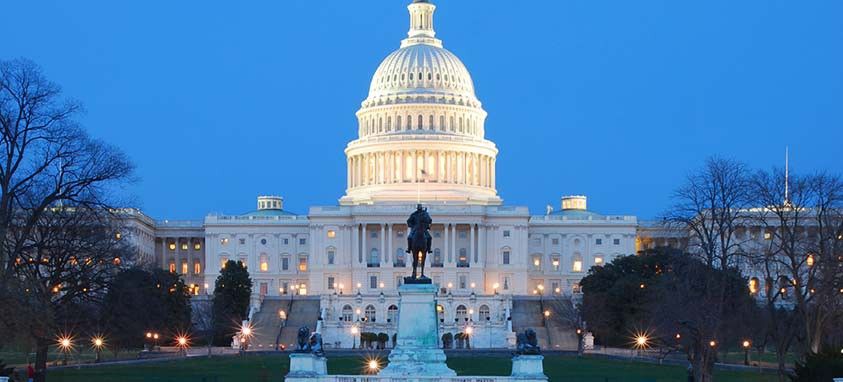Jun 2, 2017
Reaction: Trump Decision to Withdraw from Paris Accord
Posted by Philip Raymond in categories: business, climatology, Elon Musk, environmental, geopolitics, government, policy
One of the missions of Lifeboat Foundation has always been to contemplate the protection of our fragile Spaceship-Earth and to contemplate a day when we may need to migrate from this tiny stage. Yesterday, that day may have been moved a lot closer. But I am getting ahead of myself.
Yesterday, I had a fantasy. One that I passionately hoped would become reality. Minutes before Trump announced the withdrawal of the United States from the Paris Climate Accord, I began to daydream…
- I dreamt that Trump might listen to his top science advisors and his daughter
- I dreamt that he might not gamble our existence on his minority opinion that humans cannot help rescue the environment.
- I dreamt that he would recognize that clean energy jobs trump legacy coal mining
- I dreamt that he would avoid export tariffs for failing to respect international norms
- I dreamt that he would stop pandering to Yahoos and stand for something worthy and undeniable
No such luck! The USA has lost its Mojo—at least while it is led by a man with no grasp of science, history, morals or a global perspective. As Trump begun to speak, I was sucked into a cruel nightmare. But this nightmare is reality. It’s the reality of a buffoon representing you and me in our nation’s highest office.
Question: Time for a thought experiment. Can you guess the answer?…
Continue reading “Reaction: Trump Decision to Withdraw from Paris Accord” »
 One of the missions of Lifeboat Foundation has always been to contemplate the protection of our fragile Spaceship-Earth and to contemplate a day when we may need to migrate from this tiny stage. Yesterday, that day may have been moved a lot closer. But I am getting ahead of myself.
One of the missions of Lifeboat Foundation has always been to contemplate the protection of our fragile Spaceship-Earth and to contemplate a day when we may need to migrate from this tiny stage. Yesterday, that day may have been moved a lot closer. But I am getting ahead of myself.








 but adoption that mirrors the shift in our very understanding of bookkeeping, trust and transparency.
but adoption that mirrors the shift in our very understanding of bookkeeping, trust and transparency.







